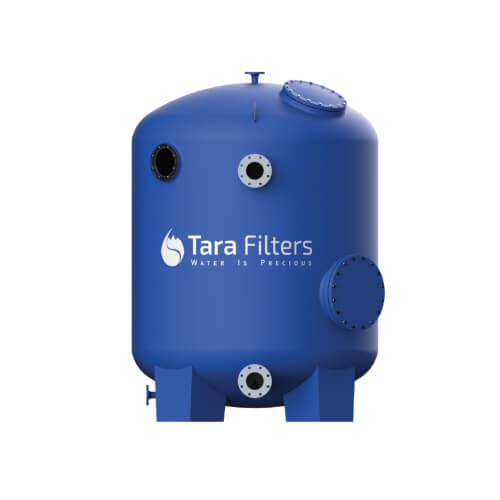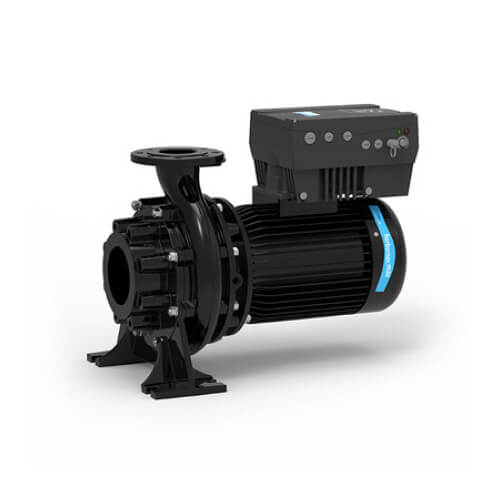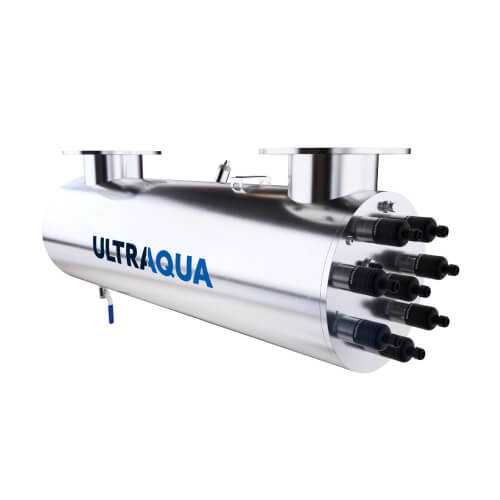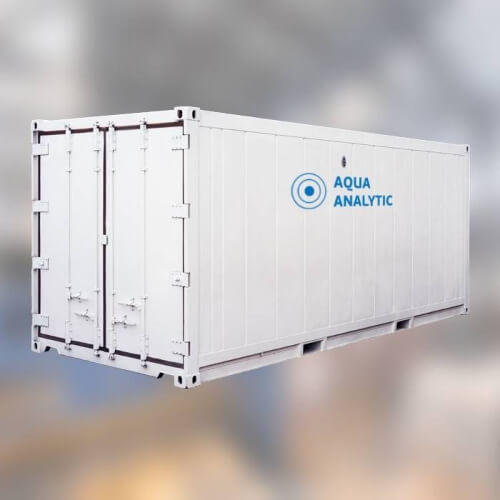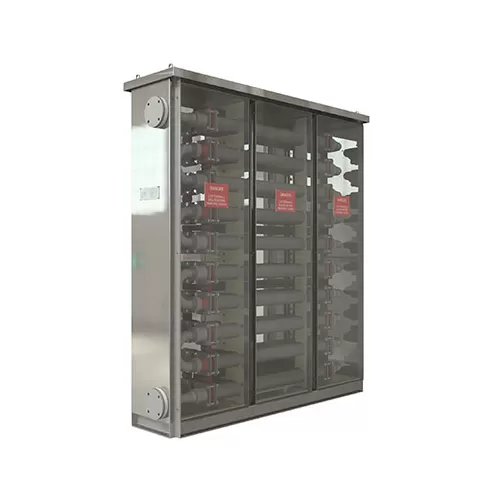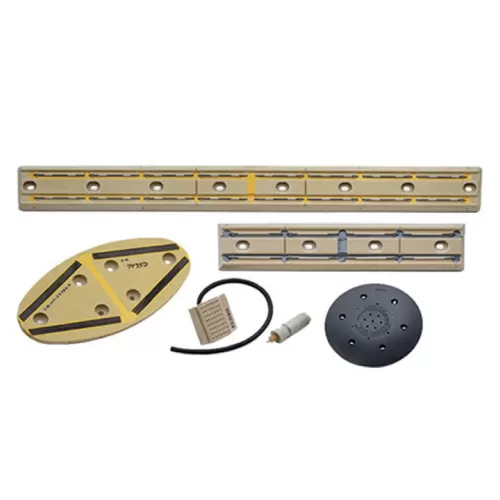Water treatment for oil and gas industry
Water treatment is a critical pillar of the oil and gas industry, ensuring smooth operations, equipment longevity, and environmental safety. Offshore platforms and onshore refineries face unique challenges due to the high salinity and contamination of available water sources.

Filtration pretreatment systems act as the first line of defense, capturing suspended solids, debris, and organic matter that could otherwise damage downstream processes. Reverse osmosis follows, forcing seawater through semi-permeable membranes to strip away dissolved salts and impurities. This results in clean water suitable for essential uses like potable supply, steam generation, and equipment cooling — vital for maintaining uninterrupted production.
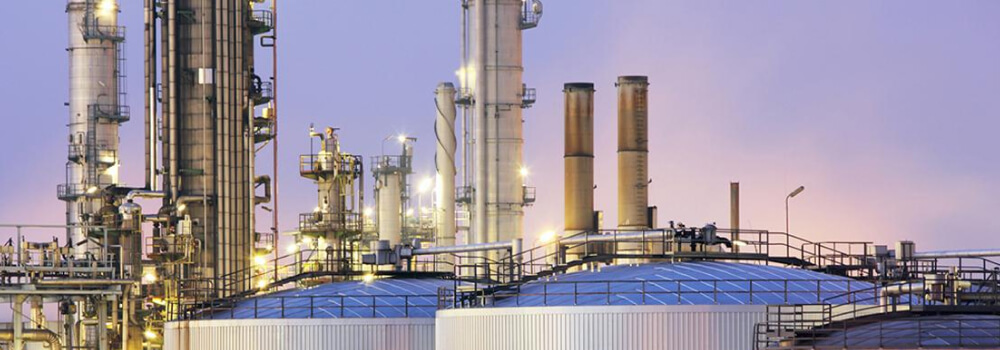
Ensuring the microbiological safety of water is equally important, particularly in two key areas: drinking water for personnel and seawater used in enhanced oil recovery. Ultraviolet (UV) treatment has emerged as a preferred disinfection method, offering chemical-free pathogen elimination. On oil platforms, this ensures drinking water is safe without altering its taste or introducing harmful by-products. Additionally, when seawater is injected into oil wells to maintain reservoir pressure, UV disinfection plays a vital role in removing sulfur-reducing bacteria (SRBs). These bacteria, if left unchecked, generate hydrogen sulfide, a toxic gas that corrodes infrastructure and compromises oil quality. UV technology efficiently eliminates SRBs, protecting both the reservoir and the well integrity.
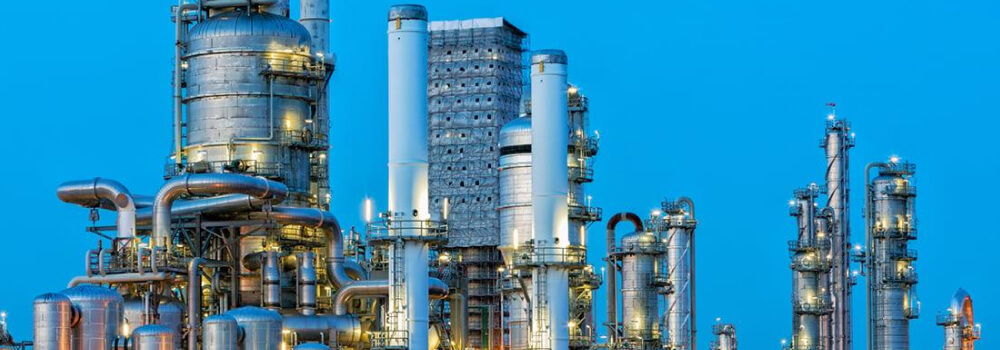
Pumps are the lifeblood of fluid handling in oil and gas operations, moving water and wastewater through complex networks. Centrifugal pumps dominate large-scale water transfer tasks, such as seawater intake and produced water circulation, thanks to their ability to handle high flow rates. Positive displacement pumps, including piston and diaphragm models, excel where high-pressure, low-flow conditions are required, such as chemical injection or sludge handling. Submersible pumps operate directly in water, ideal for dewatering applications and abrasive fluid management. Each pump type supports a distinct function, ensuring efficient movement of fluids across varying operational needs.
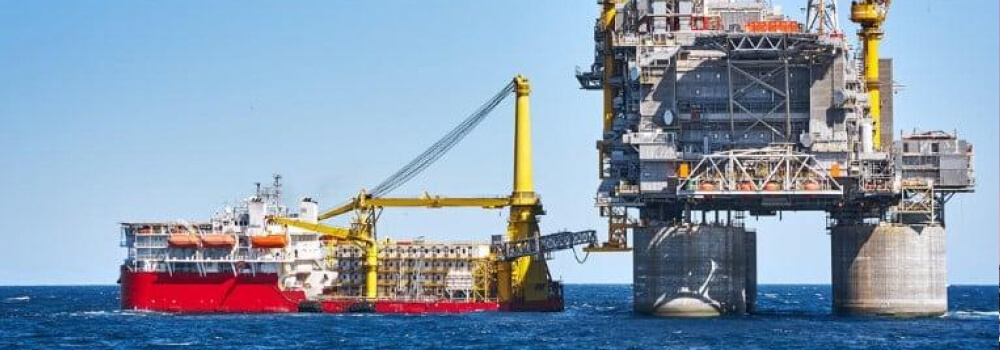
To combat biofouling — a persistent issue in marine environments — Marine Growth Prevention Systems (MGPS) utilizing electrochlorination technology are widely deployed. These systems convert seawater’s natural salt content into sodium hypochlorite through electrolysis, continuously preventing marine life like mussels and barnacles from colonizing pipelines and cooling systems. Offshore platforms benefit from MGPS to maintain heat exchanger performance and prevent blockages. Refineries use the same systems to protect cooling towers and condensers from biofilm buildup. Tankers and large vessels also rely on MGPS for ballast water treatment, preventing invasive species from spreading across international waters. This method not only ensures operational efficiency but also supports global marine biodiversity efforts and regulatory compliance.
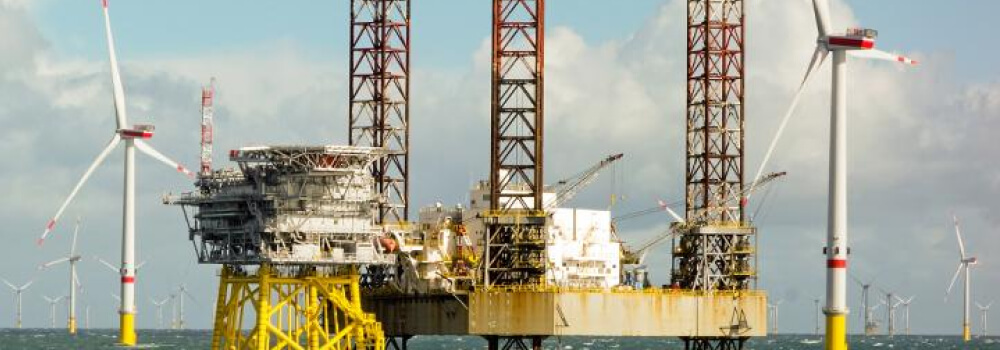
Water treatment in the oil and gas industry integrates diverse technologies to handle complex water challenges. Filtration and reverse osmosis systems purify raw seawater, UV treatment ensures microbiological safety, specialized pumps maintain fluid movement, and electrochlorination through MGPS secures equipment from marine biofouling. Together, these systems uphold operational continuity, protect infrastructure, and align with environmental standards — a testament to the industry’s commitment to sustainable water management.
Products
Request a quote
You can trust the 10-year experience of our engineers in striving to provide the best solutions for your business!

